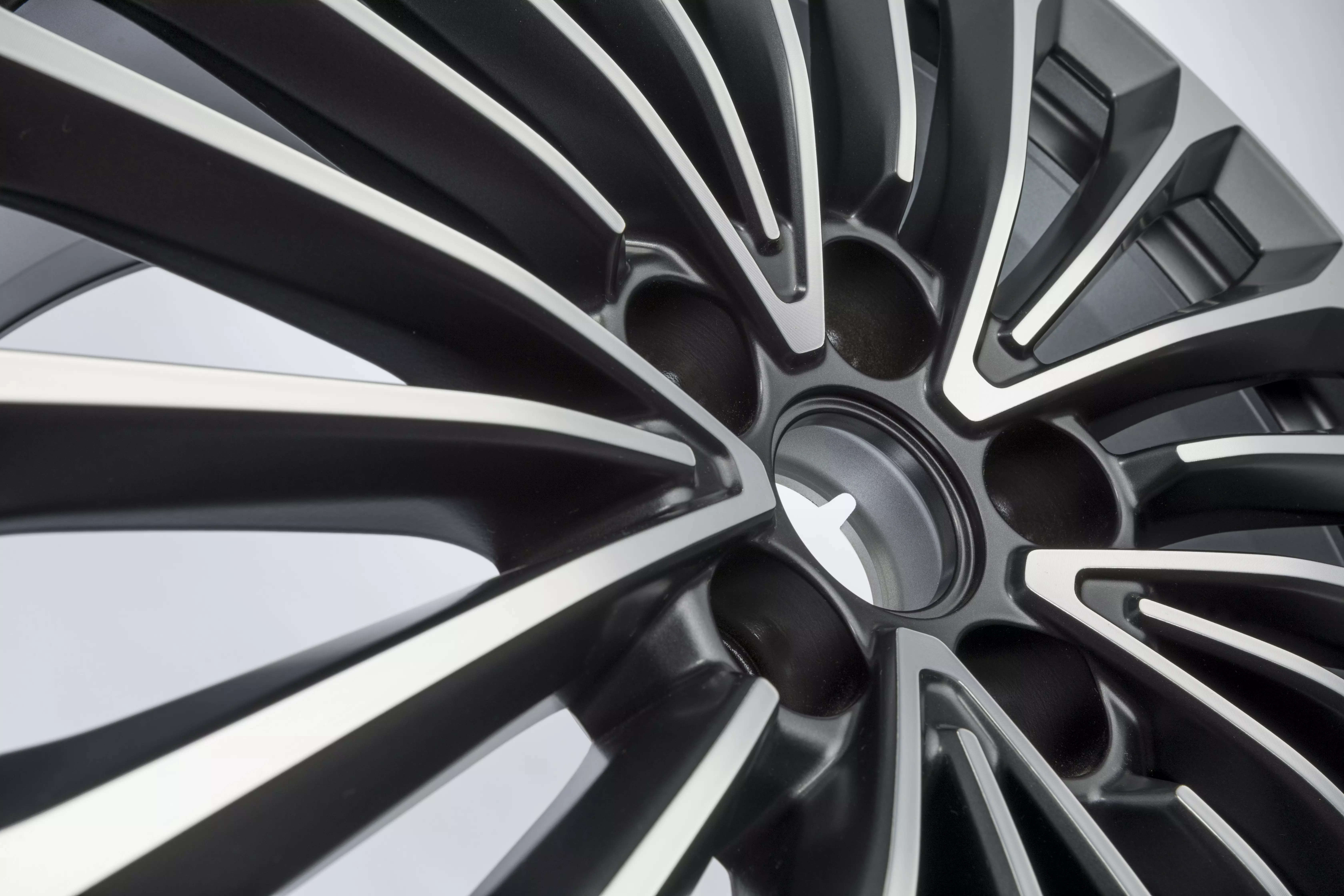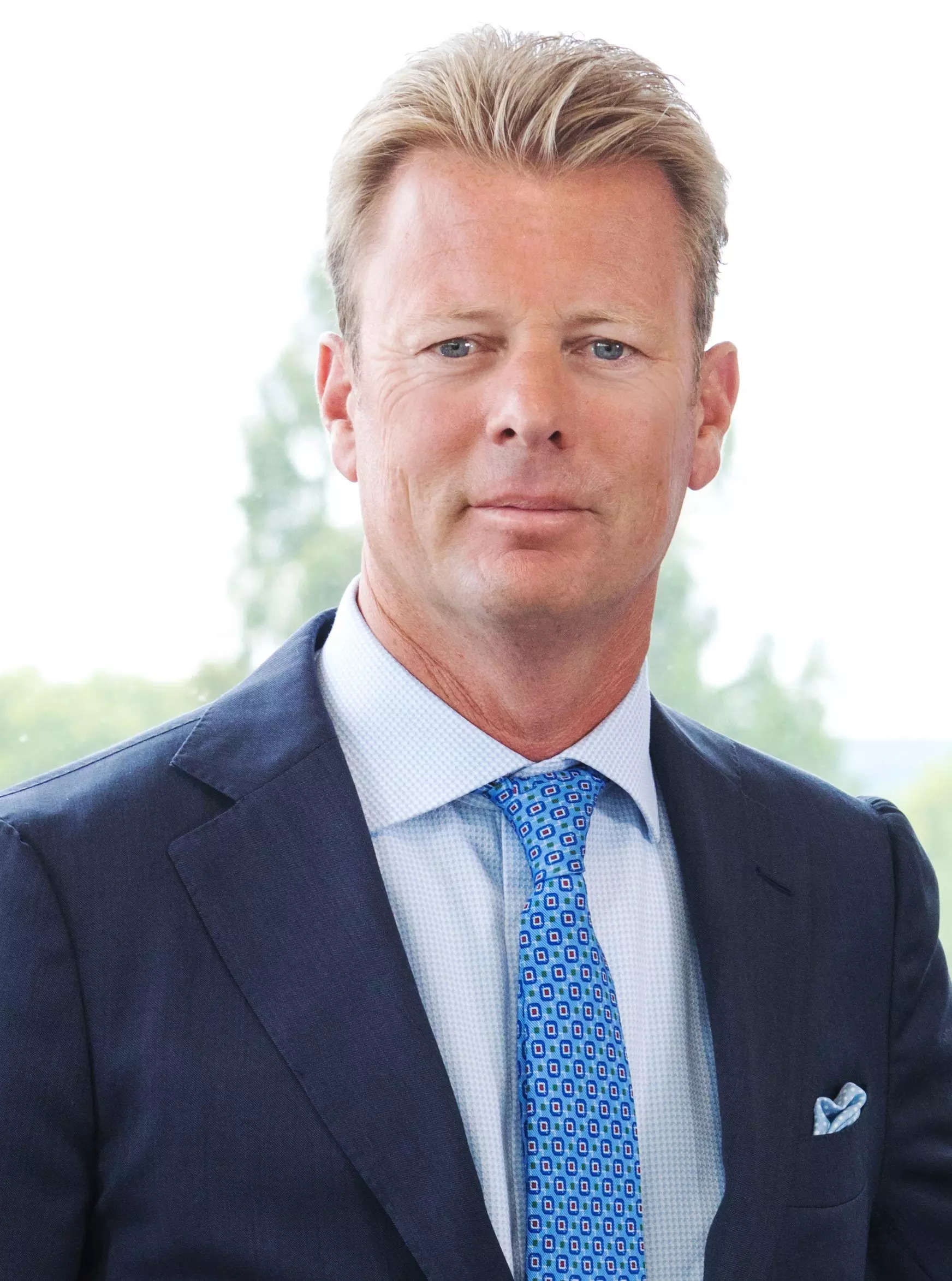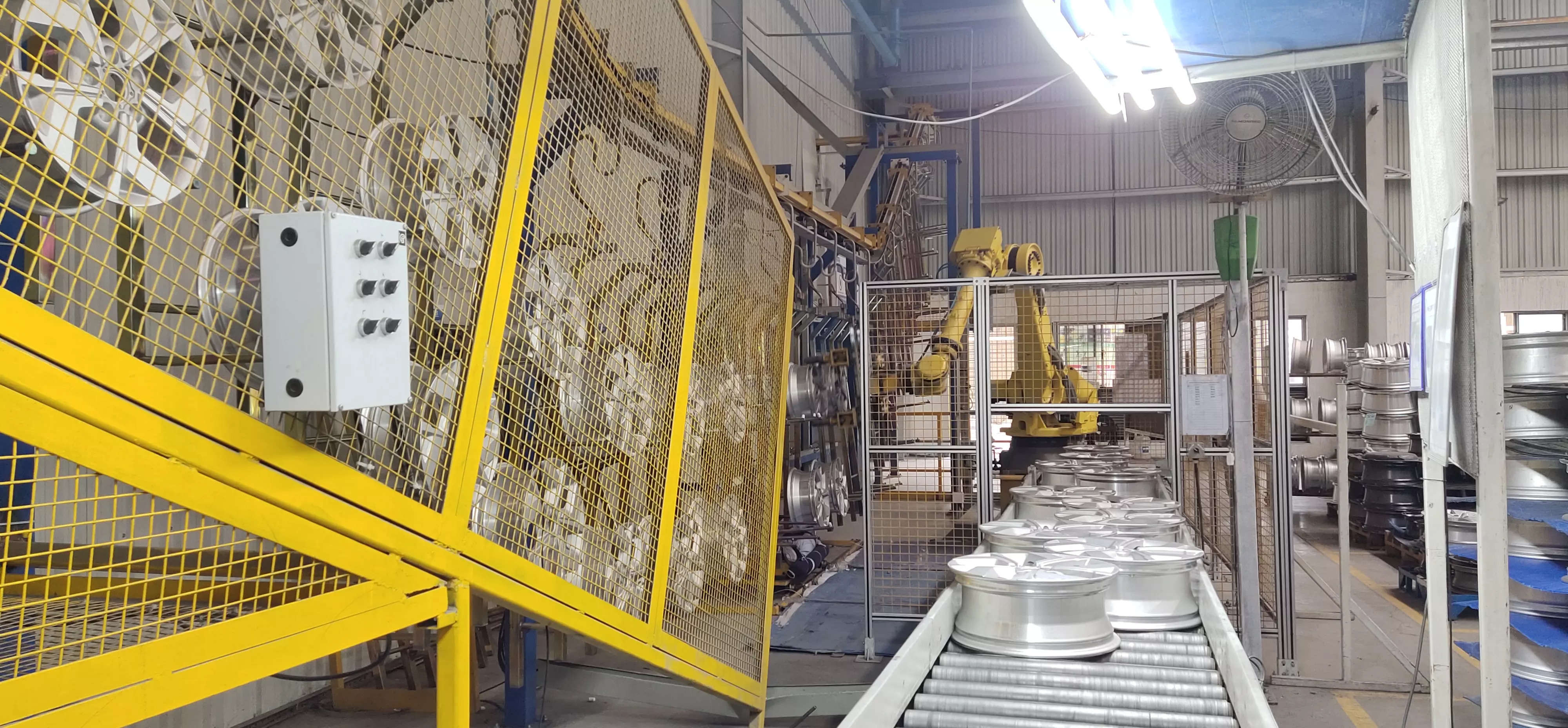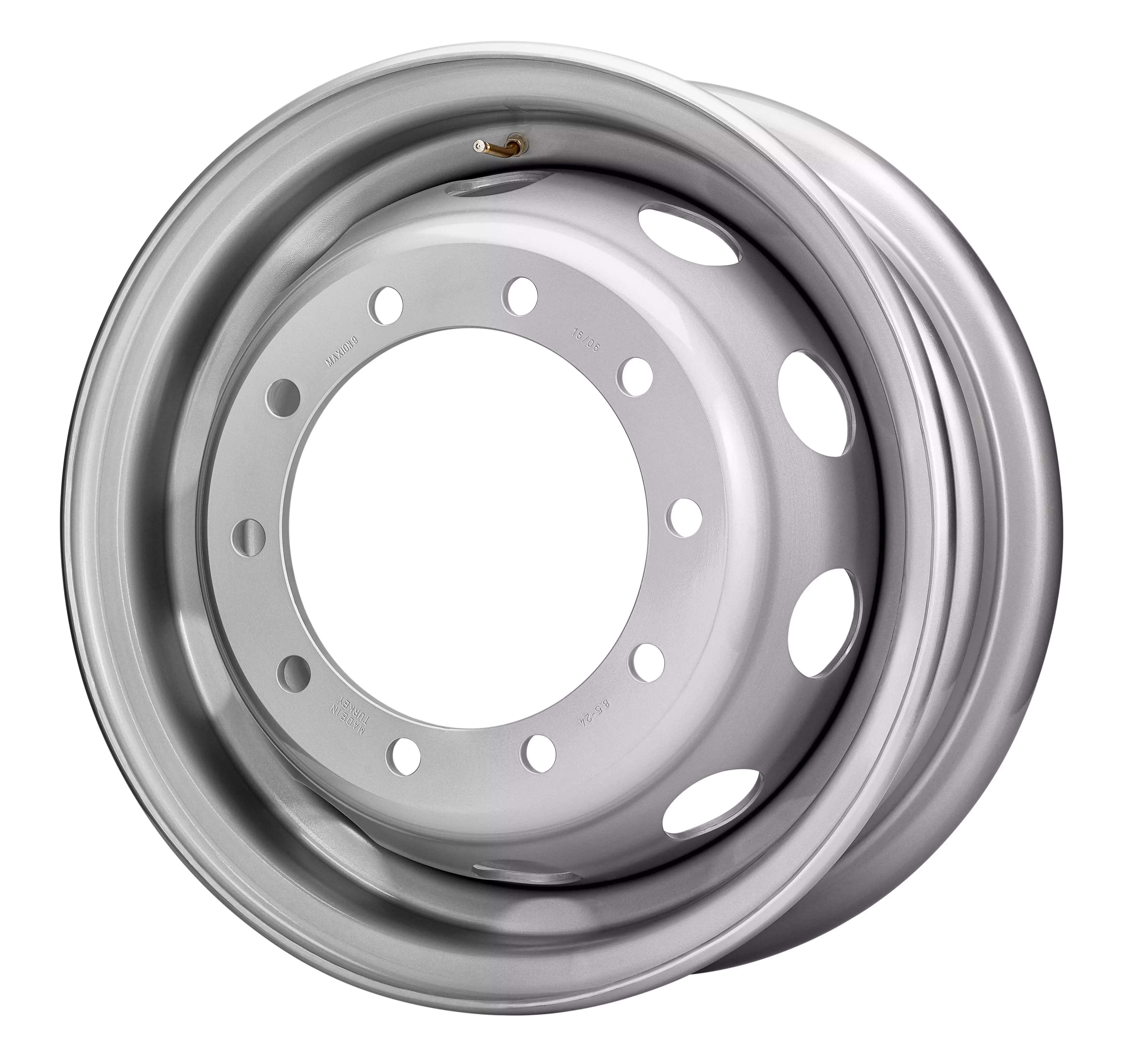
New Delhi: Pieter Klinkers is quite excited about the prospects of electric vehicles for his company’s core business of steel and aluminium wheels that are supplied to cars and trucks.
As the CEO of Maxion Wheels puts it, “I feel positive since this creates a lot more opportunities for us. Typically, wheels become larger with EVs and get more functionality but also need to be more silent. In the past, you could hear the engine…now you don’t with EVs and all you hear are the tyres and wheels.

Maxion Wheels, which has been in this arena for over a century and produces 50 million wheels annually, is now coming with solutions to meet this challenge. With greater functionality, it means more value-addition which “is good for us”. According to Klinkers, many new energy vehicle manufacturers count more on Maxion Wheels as a technological expert compared to traditional OEMs because “they are more focused on software and these kinds of things”.
On the other hand, Maxion Wheels handles “what they call the traditional parts and we are pretty good at that”. It gives the company an even better opportunity to come up with new ideas, solutions and products.
More opportunities
“So I see this trend giving us more opportunities than challenges. As long as transportation stays on the ground and only if we are going to fly helicopters from point A to B, there may be an issue for wheels. But again, I don’t see that happening in the near future!” quips Klinkers.
The key, however, lies in coming up with affordable solutions that can help especially when there are a whole lot of trends playing out in the mobility sphere. Sustainability is the one that is often touted as the most important component but then it tends to tilt towards more costs.
“And if that is the case, traction will be very low. People can’t afford it no matter how nice it is to be more sustainable and will not buy into the offering. The ones that come up with the most affordable ones will get the maximum traction and win,” he reiterates.
The underlying message is that new products are very important but more so is affordability and the need for cost-competitiveness around the world. “We can make a wheel nearly 70% greener than what we supply today but then the costs are crazy and they will not fly. Maybe there will be some niche positioning in the process but it will not get traction,” says Klinkers.

Costs remain vital
Hence, the need to come up with solutions that are more sustainable but do not cost more since it is the only way to ensure a lot of traction. This is where Maxion Wheels plans to focus on and aim for the ideal mix of affordability and sustainability worldwide.
“This kind of drive will extend to 90% of vehicle production. Maybe some kind of Porsche or Ferrari doesn’t need that but that is a very, very niche market and not the one we are in,” he adds. As part of its roadmap zero exercise, the idea is to reduce emissions by 30% between 2020 and 2025.
Optimising operating efficiency plays the largest role, at least in getting to the first 30% and in order to get to 100%, one needs to do a lot more which, in turn, would be very cost-intensive. “We need to come up with ways to reduce these costs and keep on making those big steps that we have been doing over the last years,” says Klinkers.
In India, for instance, Maxion Wheels has recently invested in two big solar farms to generate 40% of its energy needs for its facilities in Maharashtra. “We are on track with the roadmap but it will only work if we do not increase the final cost for the end- user,” he repeats for good measure.
Maxion Wheels has also been telling its suppliers to deliver cleaner metal since they form a critical part of the overall wheel. According to him, a lot has to do with being more efficient and the first thing “you want to do while reducing emissions is to look at what you don’t need to do”.
Fatigue life
Beyond this, the fatigue life of a wheel is “super important”. As Klinkers explains, “I always say anything can break on a car except the wheel and we need to do it with very high specs from a quality point of view.”
On the huge transformation happening in the automotive industry, he responds that things have always been dynamic and challenging and that the current level “is certainly not less than the average”. A lot has been going on related to COVID, availability of parts, semiconductors and “a lot of dynamics because of all of that”. There is also the constant headache of inflation which is “never easy to manage for our customers and suppliers”.
Right now, the debate is centered around the whole new mobility trend that is “still there but may be different or less faster” than what many people were made to believe. “And that is costing our customers a lot of money and ultimately will cost the industry money. So it is a nice little battle out there,” says Klinkers.
The silver lining in the cloud is that some markets like India and Brazil are doing pretty well which then helps us to offset challenges in others like Europe which are seeing slow growth. “Since we are global, we are stable and I think there is an opportunity to manage through this hopefully better than some of our peers,” he adds.
Coping with the Chinese
From his point of view, these changing dynamics also throw up opportunities for wheels which “will stay on the ground for a long time”. By the end of the day, mobility needs wheels which puts Maxion in a happy place. “And then if you can learn from what is happening around the world, it is an advantage as well,” says Klinkers.
As for the overwhelming presence of the Chinese in EVs, there is no escaping the reality that they are here to stay and business will prevail over politics. “If their automakers come around Europe or Brazil, we will work with them. We are working with them in China because we have operations there. We will support them if they are able to make better vehicles,” he adds.
There could be growing paranoia around Europe and the US about Chinese EVs but the truth remains that they are “doing a very good job strategically and operationally”. Klinkers says he is not so surprised because he has been travelling to China now for many, many years and continues to remains amazed on how quickly they have built up the infrastructure for EVs.
“You will not be surprised either to see how quickly they will then build up the automotive end too if they get a chance to compete on a fair technology level. I think in internal combustion engines, the Western world was far more advanced. But you know there is a new level playing field called EVs and the Chinese have moved forward very quickly,” he elaborates.
India plans
As for India, Maxion Wheels will continue to invest here, not just from a capacity point of view but also in technology and new products. Terming it “a phenomenal market”, Klinkers says the operations are running well across the plants in Maharashtra.
“We now want to grow faster than the market mainly because of our cost-competitiveness coupled with new products. We are working with big OEMs for these products and if they fly, as I think they will, we will grow faster than the market,” he adds.
There are some “great ideas” in the pipeline which will hopefully “keep us very busy” in the coming years. Maxion Wheels already exports truck wheels from its Pune facility to Hino and other Japanese truck manufacturers. Shipments are also made to North America where trailer wheels are in high demand. However, the main focus is India and this is where Klinkers and his team are awaiting the big boom in the coming years.
To learn more about the electric vehicle ecosystem and meet the key industry leaders, click here.

















